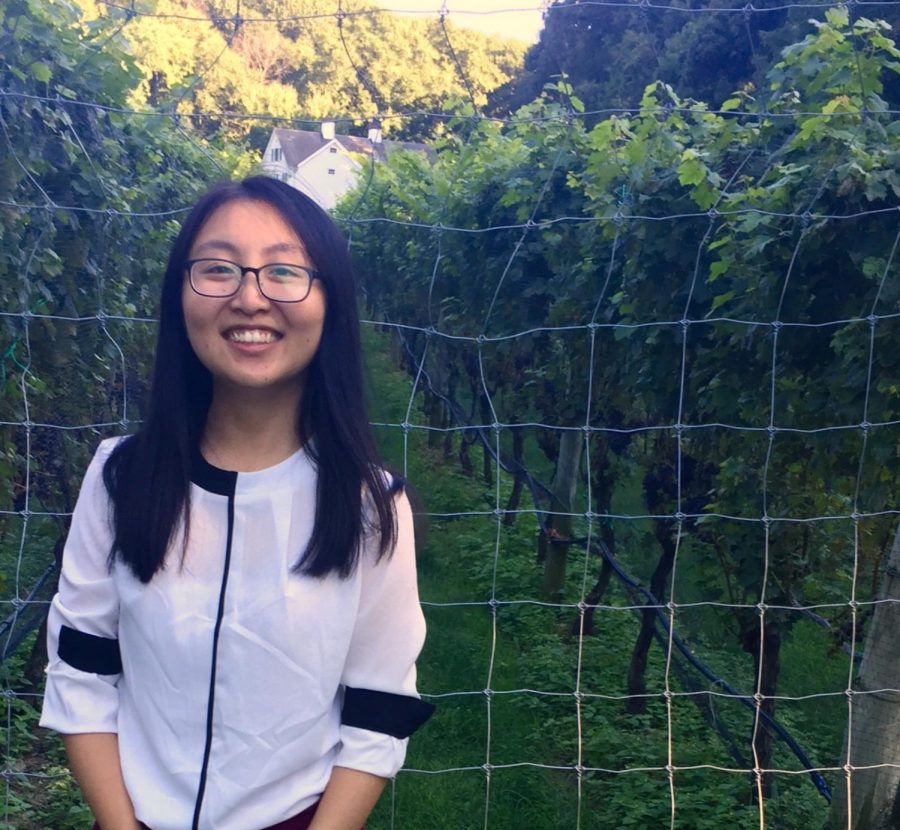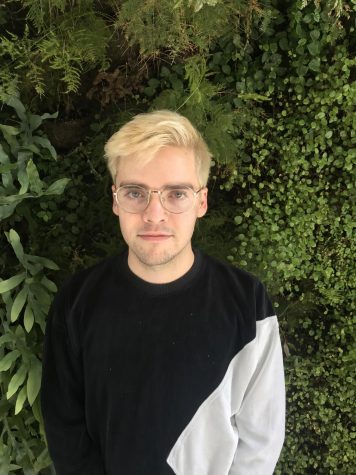Anne Chen: From FCLC Student to Med Student
PHOTO COURTESY OF ANNE CHEN
Anne Chen graduated in 2017 from FCLC. Now, she’s a medical student at Stony Brook University.
September 18, 2019
Every year at Fordham College at Lincoln Center (FCLC), Natural Science majors graduate and apply their knowledge in fields such as biotechnology, research and medicine. Some, like Anne Chen, FCLC ’17, go on to further their education in medical school. The journey down this path can be especially trying on an individual; the prerequisites and application process requires an immense amount of effort. Fordham students like Chen, now a second-year medical student at Stony Brook University School of Medicine on Long Island, persevere.
Chen grew up in a medically under-resourced community, and this environment inspired her goal to help improve healthcare access. Therefore, Chen set her eyes on becoming a doctor when she was an undergrad at Fordham. In particular, spending a summer shadowing health professionals solidified her intention to go into medicine. Chen said, “After shadowing and volunteering some more, I realized that through medicine, I can help improve healthcare disparities whether it be through direct patient care or through advocacy.”
After graduating, some premedical students decide to go straight into medical school, while others apply later and take a year off between undergrad and medical school. Chen followed the latter path. “I took a gap year because I felt that I’ll dedicate the rest of my life to science and medicine, and that I should have at least one year doing something I’ve wanted to do for a long time: teaching,” she said.
During her gap year, Chen worked for an AmeriCorps program called City Year. AmeriCorps is a federally funded service organization, and City Year is one of their community programs that aims to improve math and language arts skills in elementary and middle school students.
Medical students often compare learning in their classes to drinking water from a fire hydrant. Chen agrees — “It feels like the amount of material that was covered in a semester’s worth at undergrad is the amount of material we cover in two weeks at medical school, so time management is really key.”
When she began medical school, the rigor of it all gave Chen a case of imposter syndrome, the feeling of doubt towards one’s accomplishments. Chen said, “I think part of that was due to the toxic culture that pre-med life created.” In particular, she cited the constant pressure of needing to achieve the highest grades as central to toxic pre-med culture.
Chen has since shed her imposter syndrome now that she is beginning her second year at medical school. “Where I am today, I can truly say: it’s okay if you don’t get a perfect grade in a class,” she said. “Just do your best and learn what you can, and if you have the passion and dedication, you will make it to medical school.” Grades and test scores are just two factors out of many that medical schools use to consider applicants.
Other admission factors include clinical experience, leadership roles, research experience and community service. Another negative facet of pre-med culture can be the pressure to insert oneself into research roles or hospital volunteer roles to satisfy admissions committees. Chen disagrees with this common pre-med sentiment. “You don’t need that 4.0 or all those ‘checkbox’ requirements. Just do things that you are passionate about, and things will work out at the end of the day.”
Chen’s remarks about medical school admissions show that Fordham pre-med students should not give in to the pressures to mold their applications around becoming the stereotypical successful pre-med student. Rather, pre-meds should focus on checking the required boxes to gain admission, like gaining some clinical experience, registering for the proper science classes and taking the Medical School Admissions Test. Beyond these requirements, pre-med students should follow their passions and chase the experiences that follow.










